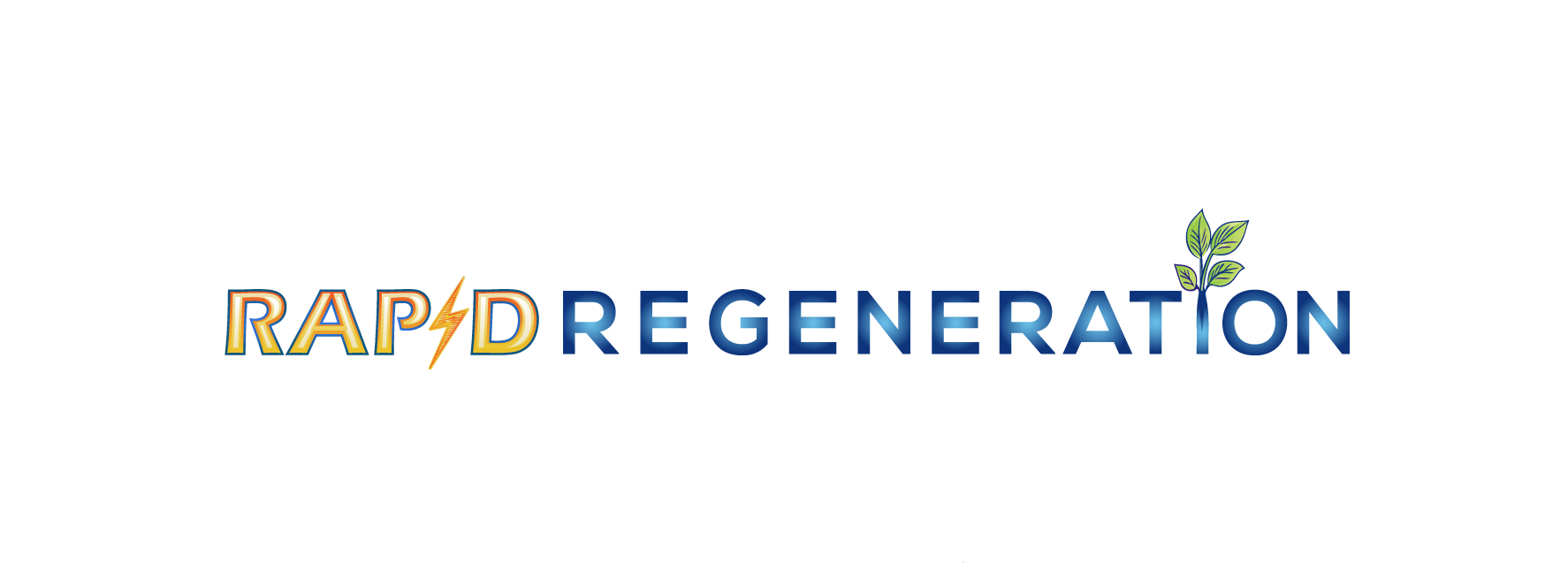Much of natural healing, detoxification, putting healthier things into your body, and transforming yourself into a healthier, happier individual is intuitive and is as much art as it is science. I find that too much of the world of improving well-being is overly nerd-ified and is based on opinions of how we should interpret certain data and quantifications of measurable science. Many appointed so-called experts are simply repeating somebody else’s opinion. Sadly, in their academic schooling, these bright young students are taught what to think and not how to think.
I have found in my own journey, and in observing the success and/or failure of others, that intuition, instinct, creativity and even artistic nuance is very important to having success in terms of healing yourself and getting yourself healthy and well. I am certainly not the nerdiest of natural wellness researchers out there and I rely heavily on my own instinct because it rarely leads me astray.
With all that said, as I’ve grown older, more experienced, and (hopefully) wiser, I have come to appreciate data that much more. Your body is full of data, just waiting for you to extract it. Some data is very palpable, like looking at yourself naked in the mirror, or taking a photo of your eyes and interpreting it (AKA iridology). Some data requires scientific tools and devices and chemists in order to extrapolate intelligible information about what is going on inside your body.
When you get results from quantifiable data, like testing your blood, your genes, your urine, or your hair, it is worth taking with a grain of salt. You have to consider that whatever metrics are considered in the ‘normal’ range were made up at some point as being considered normal. But with that said, don’t be so skeptical that you never take action as a result of potentially helpful information. You have to use your own power of discernment to figure out what recommendations you should rely on and trust in terms of where your measurable levels are at and where they ought to be. Also, please note that I am not a doctor or medical professional or nutritionist, and if it’s medical advice you seek then seek out a medical professional and the same goes for a nutritionist.
Testing the body’s tissues is an extremely helpful tool. The cost is very reasonable to get certain tests and the results are extremely revealing in terms of letting you know what areas of the body perhaps need extra special assistance. For years, I took the shot-in-the-dark approach to supplementation, following my intuition and buying supplements depending on what I was estimating that I was needing. This is not the worst thing and probably better than not supplementing at all, but there is a more effective approach involving testing.
Take Vitamin D3 as an example — how do you know how much D3 you might consider taking, if you don’t know how much D3 is circulating in your blood? Or take certain B Vitamins as another example — wouldn’t you like to know if you have certain genetic mutations with extremely low enzymatic activity which could be assisted by certain B Vitamins? Or look at an essential trace mineral like iodine — this is a controversial element and there is a risk of over-supplementation, so before jumping in and consuming iodine tablets left and right, should you find out what iodine levels are existing within the body beforehand?
Podcast: Play in new window | Download
